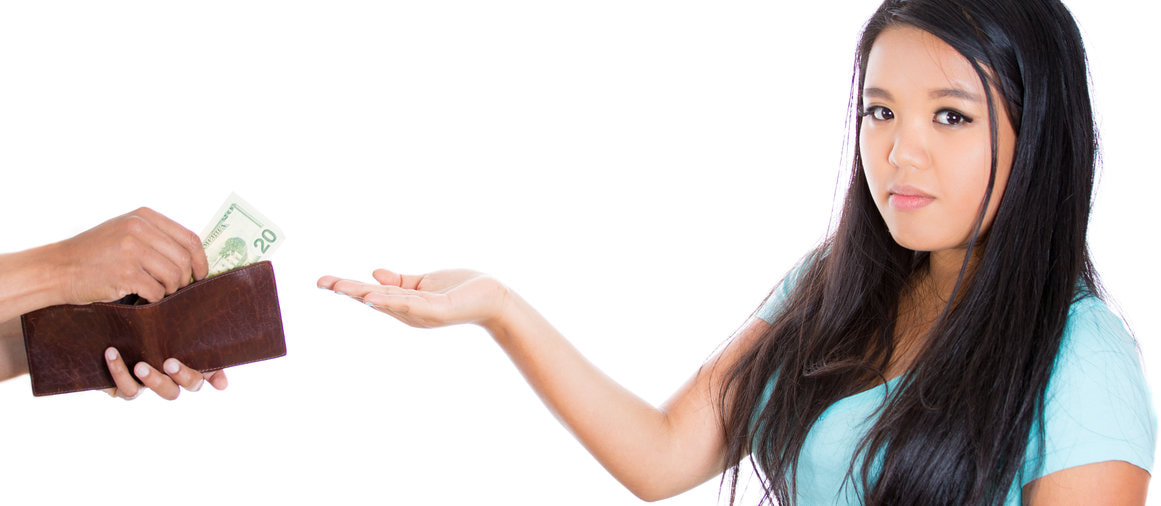|
Enabling is one of those things we do and we don’t even know we are doing it. It is a behaviour that we learned, probably as a child, that is motivated by a craving to be loved. Enabling is often associated with growing up in a home with an addicted or alcoholic parent, but it can also be associated with growing up in a family where there was one or several traumas; a death of a parent, sibling or love one, emotional, physical or sexual abuse, an absent parent, divorce or any other situation that could impact a child in a negative manner. What is Enabling?The definition of enabling that I have adopted is doing for others what they can and need to do for themselves. This can apply to addicted family members, friends, love relationships, children and just about anyone else you meet. Enabling can be difficult to recognize. It is challenging to separate enabling from helping and supporting. The difference between the 3 is helping is doing things for others that they are unable to do for themselves. Supporting is collaborative, meaning doing a task together without taking it over. Why Do Enablers Enable?Enablers have an innate desire to be needed and feel that the only way to get people to like or love them is to become indispensable. Enablers often get self-worth and self-esteem from their acts of kindness. They feel important and relevant. They get a sense of belonging and feel like a priority. They get the attention they crave. Enabling allows the enabler to avoid conflict and disagreement. They unconsciously believe relationships can only be preserved by doing good deeds and placating others. This means doing things for others that makes people dependent. Enablers appear to be accommodating and agreeable. Kindness oozes from their pores and they go out of their way to conform to their loved ones’ needs. Enabling in a relationship where addiction is present can look a little different. Enabling is also protecting the addicted loved one from the consequences of their behaviour that are a fallout from their addiction. Saving the loved ones, calling in sick for them, giving money or paying bills or not demanding that they adhere to the house rules, are all forms of enabling. The Result of EnablingThe results of enabling can be devastating for the enabler. Relationships can be lost when people learn to do things for themselves or want to do things for themselves. Disagreements become powerful and intense because the enablers do not understand what they have done to be on the receiving end of the argument. They are doing what they have always done and the receiver has now changed the way things operate between them. It can be devastating to the point of ending the relationship.
The results of enabling an addict can be disastrous and destructive. Enabling an addict or alcoholic actually helps them continue their path of destructive substance abuse without them feeling the consequences of their behaviours. They don’t see that what they are doing is hurting themselves or those around them. Essentially, enablers are helping the addict to continue to use and potentially kill themselves. The addict will only get help when the consequences are so big recovery seems like the only option. The personal impact of enabling can be devastating.
So now that you know what enabling is and why an enabler does what he or she does. Does it feel familiar? Do you often feel taken advantage of and overwhelmed by what you agree to do for others? For more information and steps you can take to change this need in you, download our “5 Things You Can Do To Stop Enabling.” As we move into the holiday season, decide to become the person you want to be instead of the person you’ve been taught to be.
2 Comments
Jodi
11/9/2022 12:56:02 pm
Thank you so much. I'm glad you got something from it.
Reply
Leave a Reply. |
AuthorI am a Family Addictions Specialist and use hypnotherapy to help families get past what keeps them stuck in the cycle of addiction. I am a person in long term recovery and have had my own transformation of healing. I get to live the most incredible life as me... my true and authentic self. I can help you do the same! ArchivesCategories |
Services |
Company |

 RSS Feed
RSS Feed

